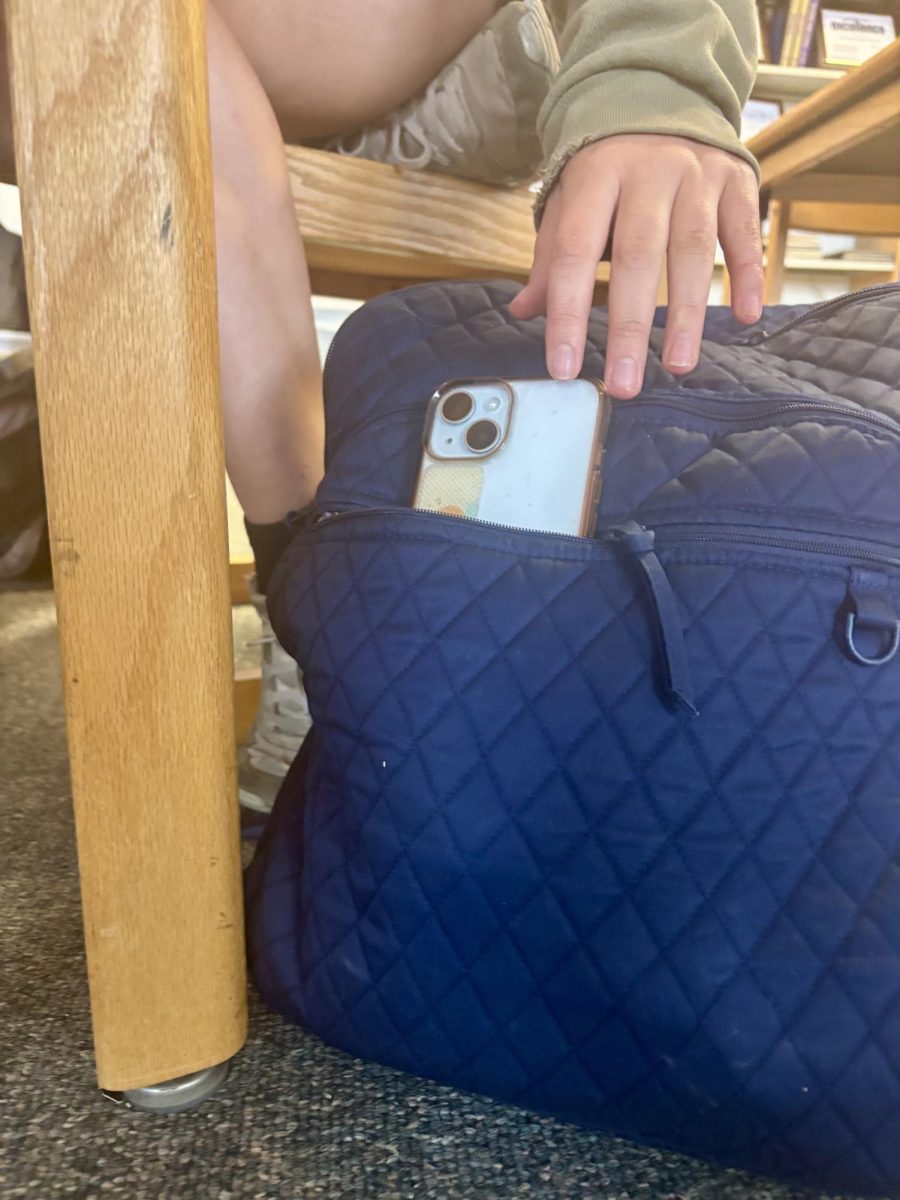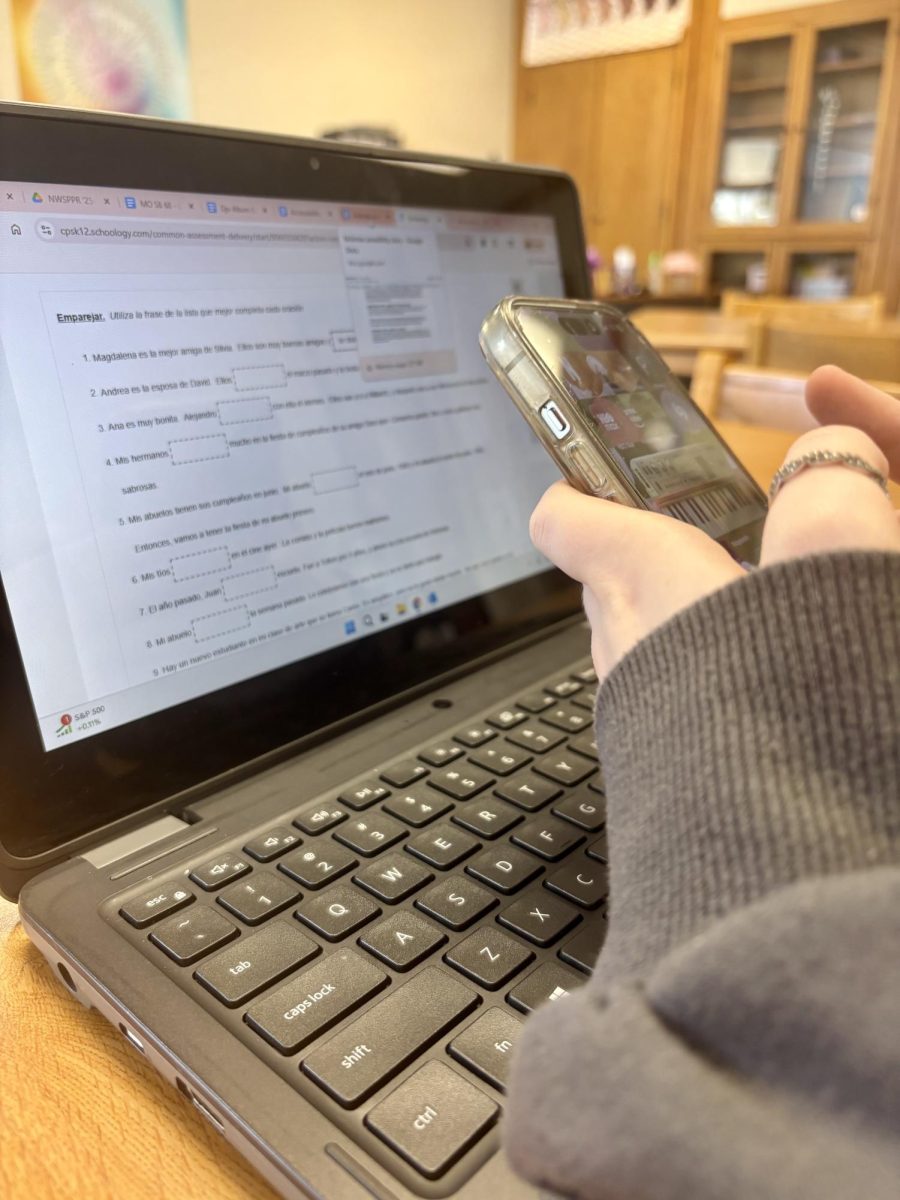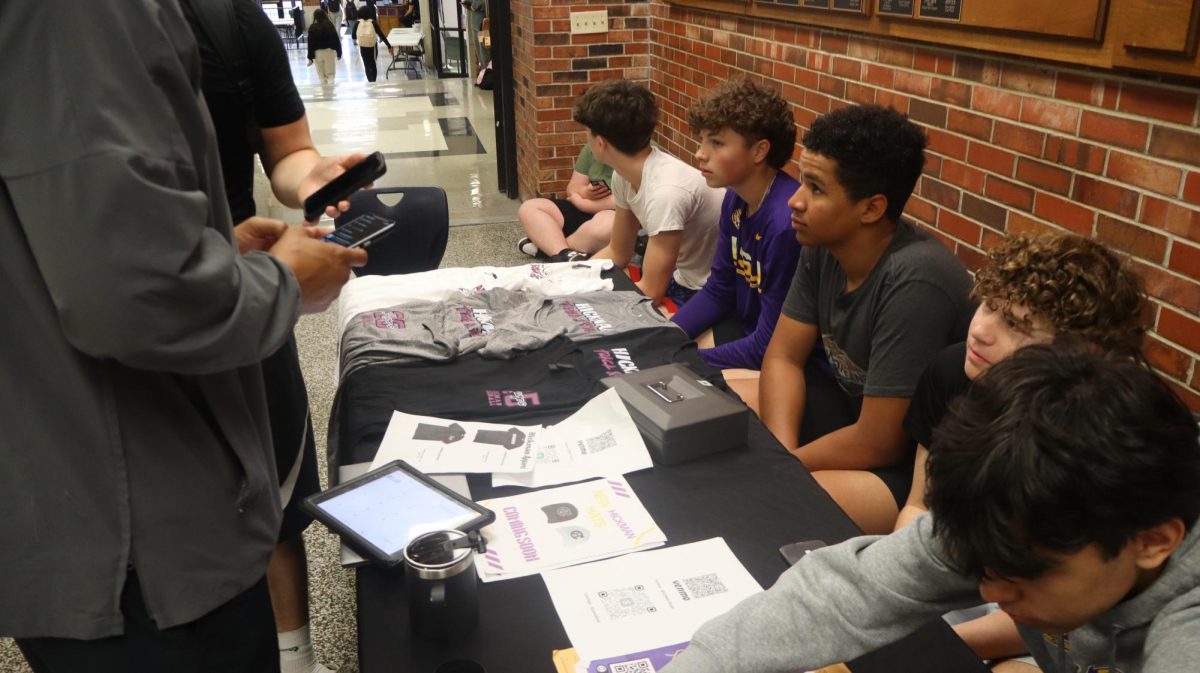Missouri’s Senate Bill 68 (SB 68) has been getting a lot of attention for banning phones in school, but the law covers way more than just that. Starting in the 2025–26 school year, students won’t be allowed to use personal devices like phones, earbuds, smartwatches or tablets during the entire school day, not just in class, but also at lunch, in the halls and during study hall. The only exceptions are emergencies, teacher-approved educational use or if a student has a medical or disability need (senate.mo.gov). Each school district has to set its own policy and consequences, but how it looks will be up to them (oakgrove.k12.mo.us).
The phone ban was pushed because of concerns about distraction, mental health and cyberbullying. Lawmakers and teachers argue phones take away from learning and face-to-face interaction. A recent SLU/YouGov poll found that over 70 percent of Missouri voters support banning phone use during the school day (slu.edu). Missouri isn’t alone either, more than half of states are moving toward all-day school phone bans (apnews.com).
But SB 68 is much more than a phone rule. What started as a short bill turned into a 138-page education law that changes how Missouri schools operate (showmeinstitute.org). It now requires schools to teach reading using phonics as the main method, cutting back on the “three-cueing” strategy where kids are taught to guess words based on pictures or context. It also changes how the Missouri Assessment Program (MAP) is scored by adding a new “grade-level” category between “proficient” and “basic.” On top of that, the bill adjusts rules for special education, including how services can be provided across state lines, changes how school attendance is counted and even updates how schools qualify for state funding.
So yes, SB 68 means no phones at school starting in 2025, but it’s also a much bigger education law that changes how kids are taught, how tests are scored and how schools run. Students will feel the phone ban most directly, but the rest of the changes could impact classrooms for years to come.







